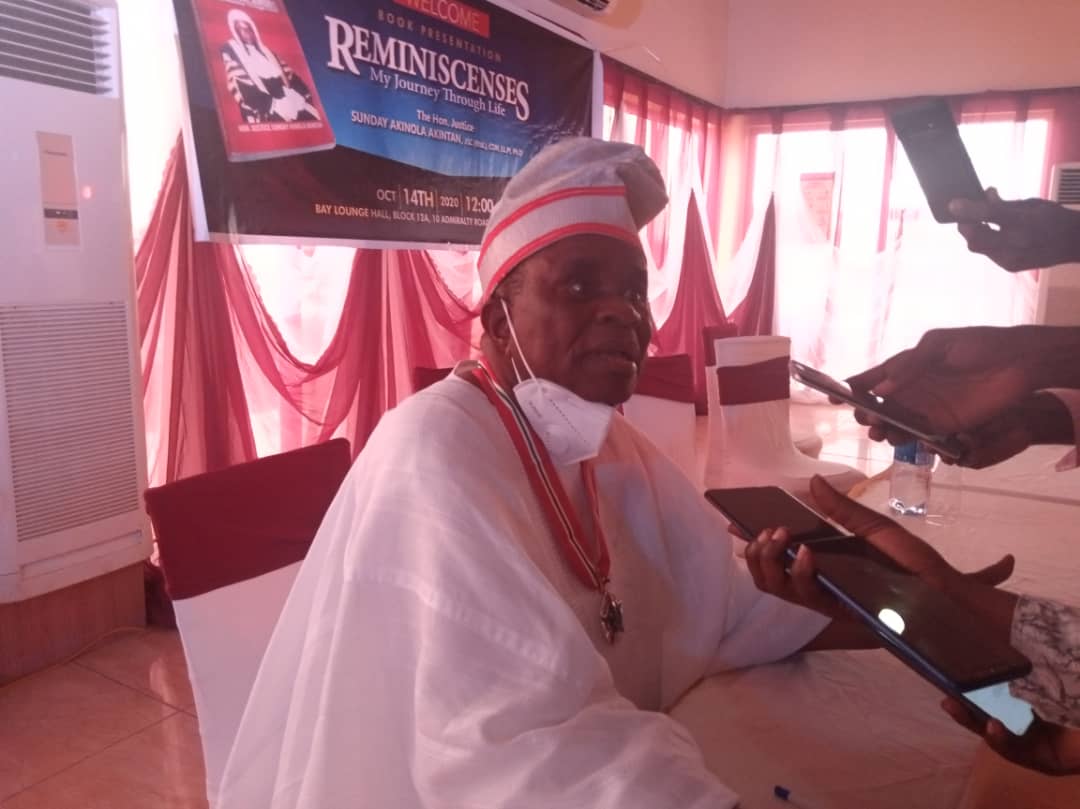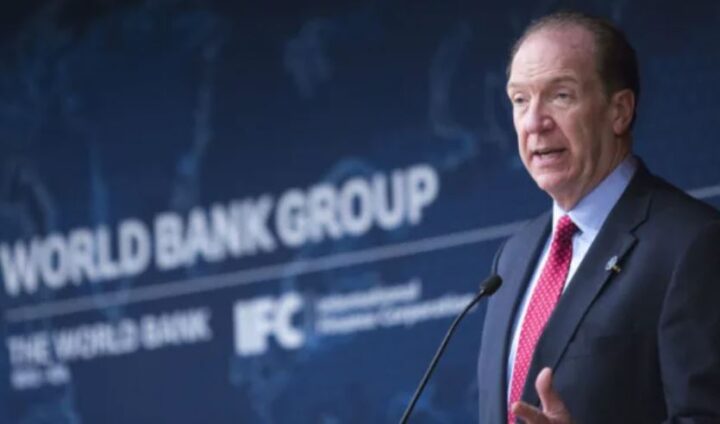Sunday Akintan, a retired justice of the supreme court, says Nigeria has continued to witness increase in impunity because the country’s judiciary is not working optimally.
Speaking on Wednesday during the presentation of “Reminiscences: My Journey Through Life”, his memoir, Akintan said corrupt practices and other administrative bottlenecks have stifled the effective operation of the judiciary.
The retired judge said it is unfortunate that the country has come to a point where criminals undergo “unnecessary lengthy trials”, resulting in prison congestions.
“If the judiciary is firm and disciplined, everybody will sit up. In the past, when I was a trial judge, we used to have sessions for speedy trial of criminal cases. But that is no more. That’s why we have congestion in prisons,” he said.
Advertisement
“Nowadays, when they charge someone to court, they now adjourn date for bail. The time wasted on this bail is enough to clear the case. But when they are on bail, the start dancing around it till it’s dead and you don’t hear about the case again. It’s never done and that is where we have a problem in this country.
“Once the court is slack, people will take pride in impunity, they will commit crime and use their influence to make sure they are not tried. That is why we are in trouble, criminals have taken over the country. You can’t travel on the road, they will kidnap you; when they get to court, they know that the trial will not see the light of the day.”
Akintan said the lingering trial of Chukwudumeme Onwuamadike, suspected kidnap kingpin better known as Evans, is indicative of Nigeria’s slow justice system.
Advertisement
“Take Evans for example. Evans committed so many murder cases, and if you convict him on that basis, he should be in jail. But up till now, he has not been found guilty of any crime. You cannot see a country like that, so that’s the problem,” he added.
In his review, Azu Ishiekwene, managing director and editor-in-chief of The Interview, described the book as “a legacy for not just one but for many libraries.”
He added that the 218-page book spanned several experiences of Akintan which offer new insights into how to address contemporary challenges facing the nation.
Advertisement
Add a comment






